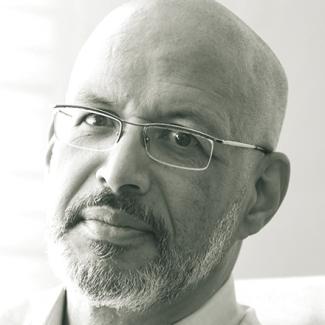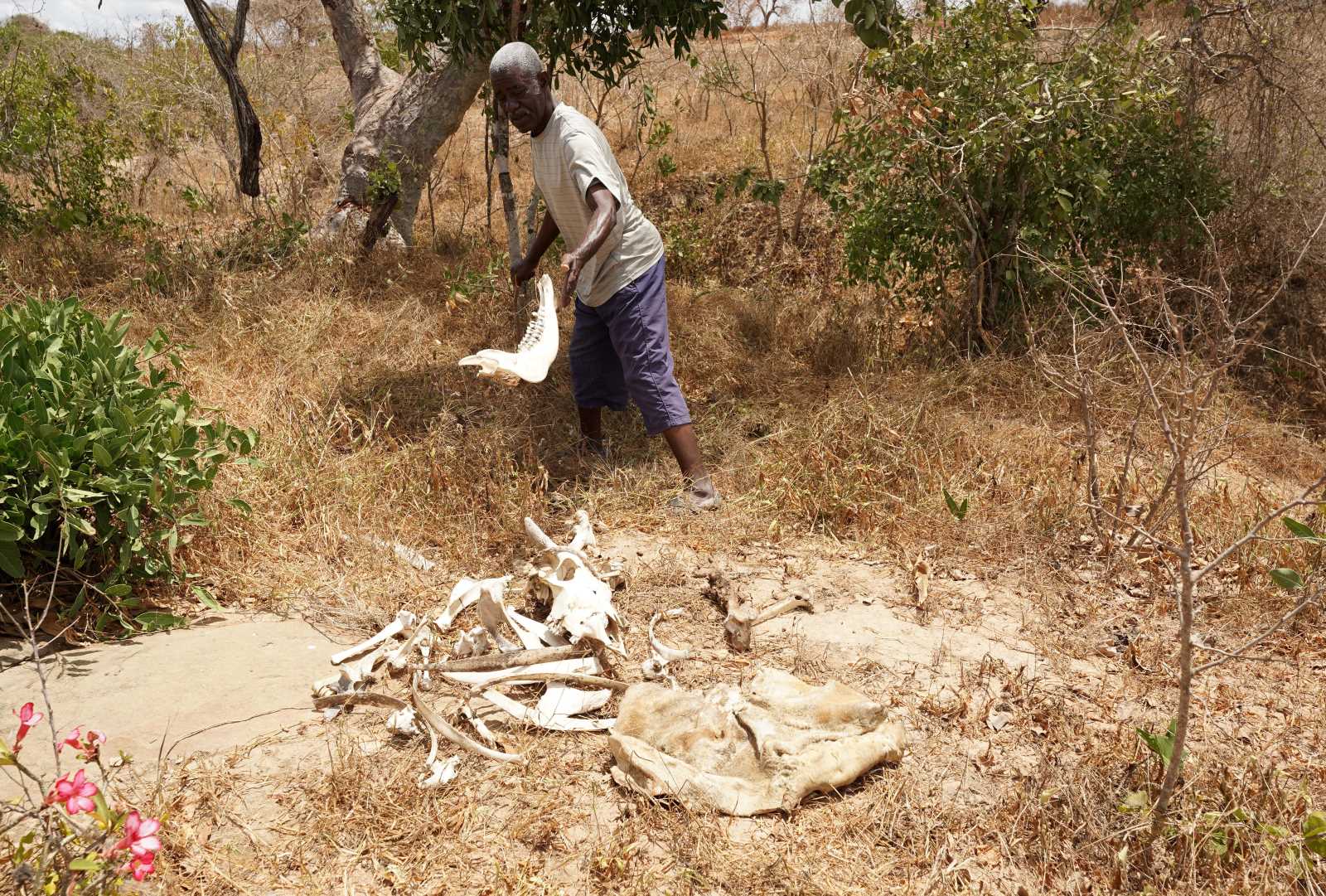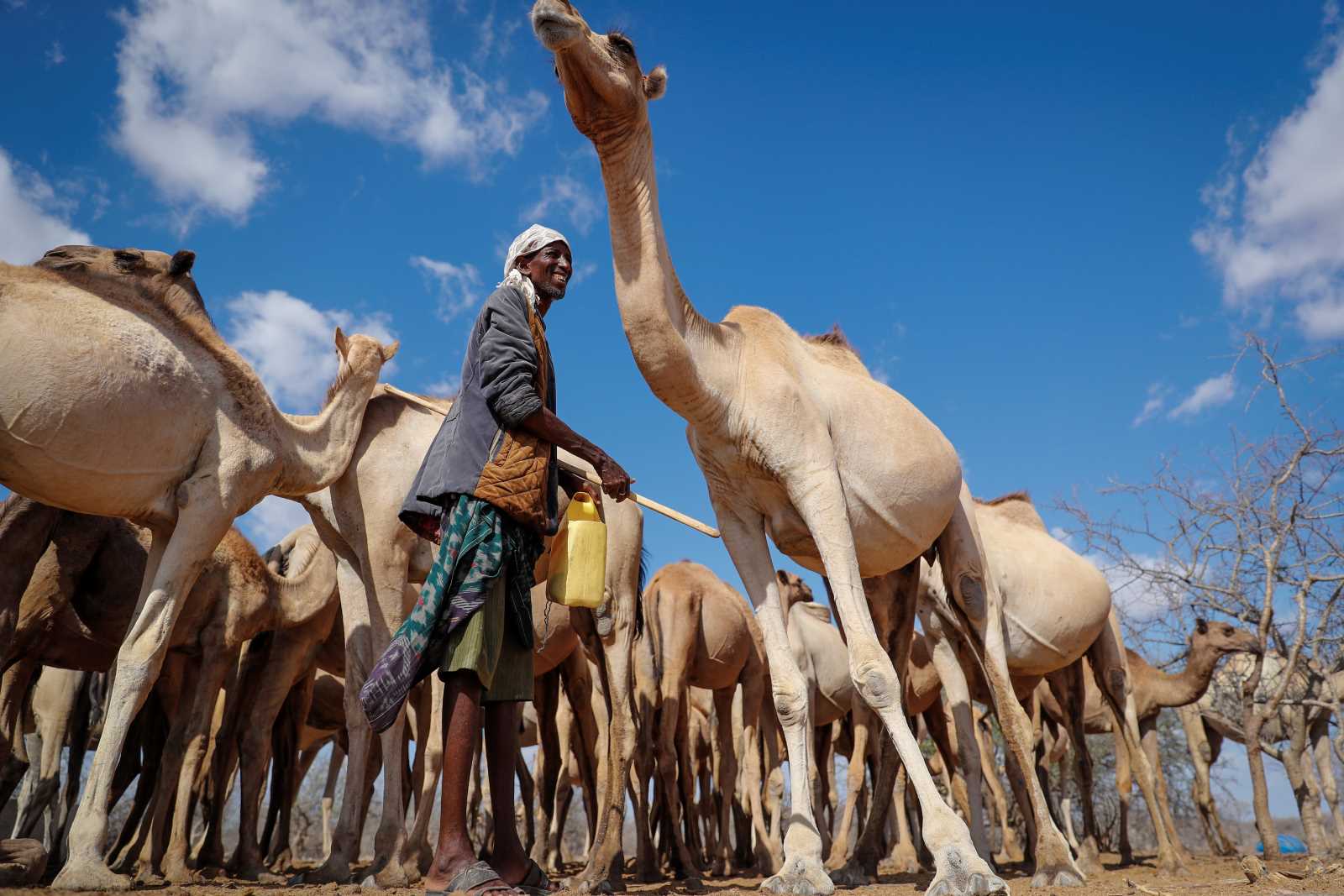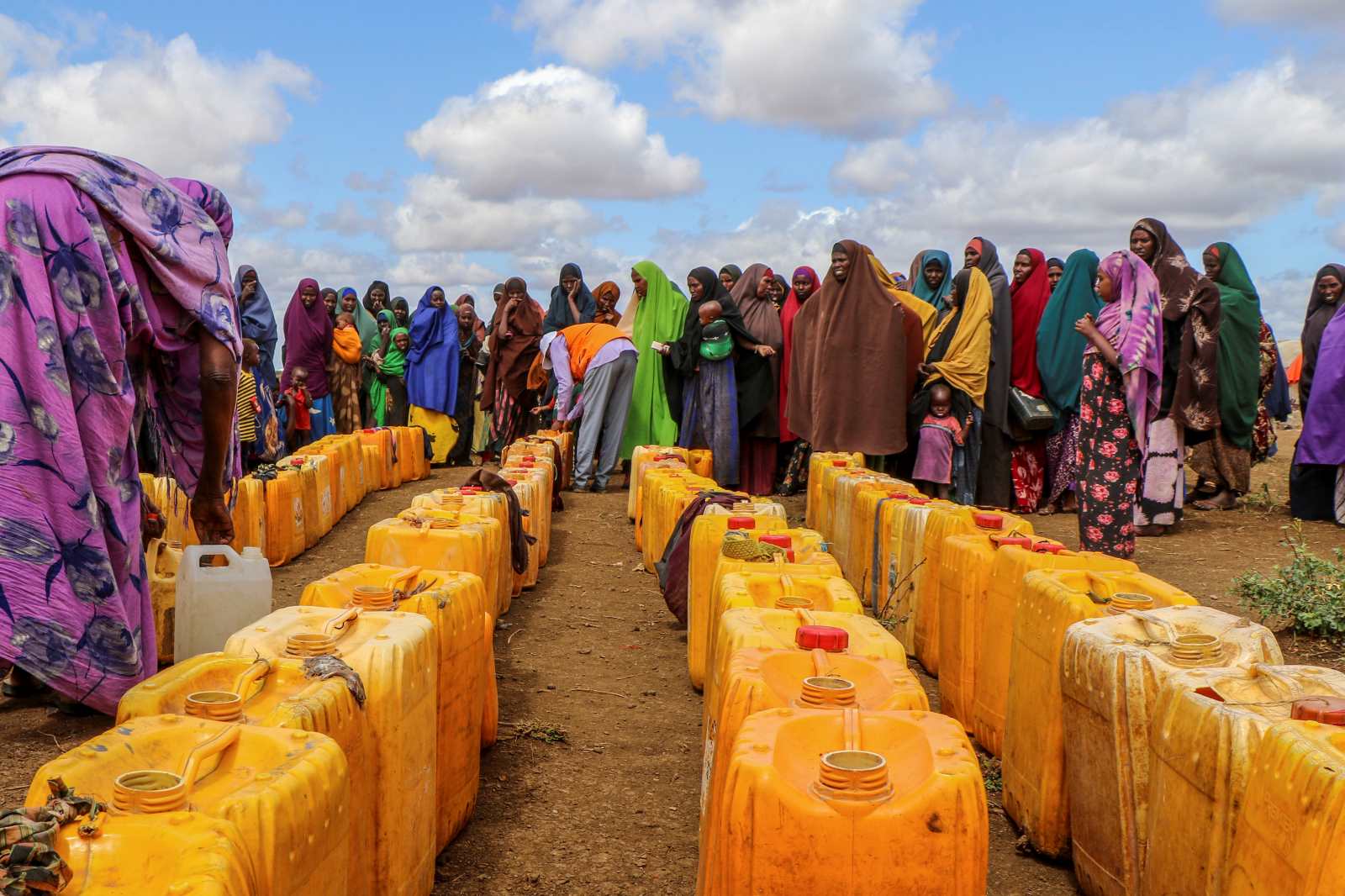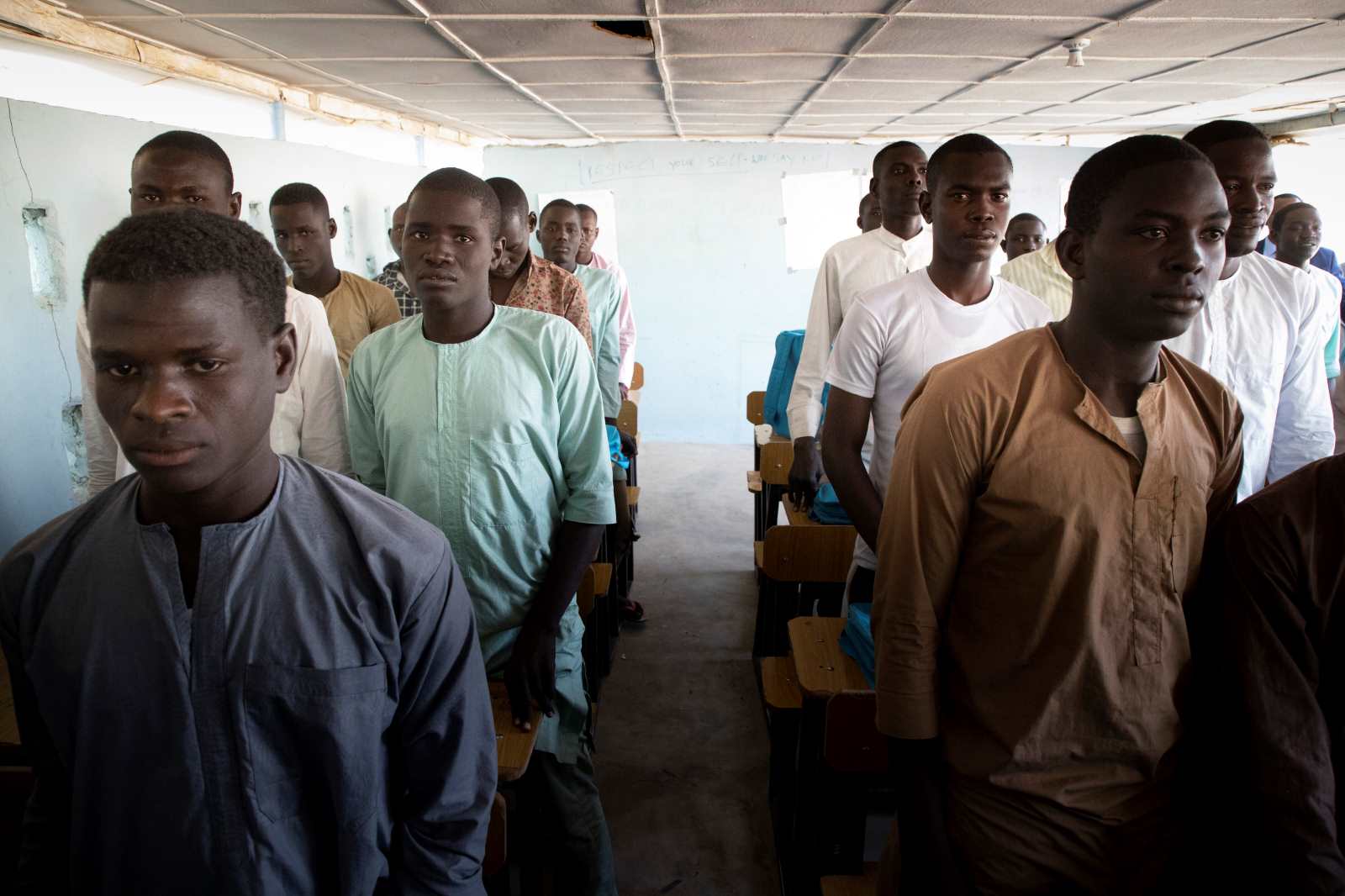Horn of Africa
Why food security needs both peacebuilding and livelihood development

Climate change is the driving factor behind more frequent droughts, floods and pest infestations such as the desert locust plague in 2021. Ethnic conflicts, financial constraints, logistical inefficiencies, political instability and security issues are also disrupting food production and distribution in the region.
To ensure food sovereignty, local farmers must be supported in preserving their indigenous plant varieties. This includes resisting the growing dependence on global agribusinesses for seed purchases. The complex interplay between global agribusiness, national food sovereignty and local food production deserves to be examined in more detail in a separate analysis.
The so-called triple nexus approach has become increasingly important in humanitarian aid and development cooperation in recent years. When implemented effectively, it also plays an important role in ensuring food security.
This framework aims to integrate humanitarian aid, development efforts and peacebuilding into a coherent strategy, recognising the interconnectedness and complexity of the three areas.
Given this intricacy, it is critical to form strategic collaborations. Such partnerships can bring together different expertise and resources to enable a more holistic response to issues such as food insecurity.
Action by Churches Together
The ACT Alliance (Action by Churches Together) is a global coalition of churches organised in national and regional forums. The alliance promotes a locally led and coordinated approach to advocacy, humanitarian and development issues.
Within the ACT Alliance network in Ethiopia, members have formed consortia to implement integrated triple nexus projects. A special feature of all ACT consortia is that their national and international members work together on an equal footing.
One such consortium is active in the state of Gambela in south-western Ethiopia and comprises four executing and two financing members, with one of the local members acting as the lead agency, which is rarely the case in other constellations. The project is scheduled to run for two years. The budget is co-financed to 75 % by donors and to 25 % by the members of the consortium.
The region is suitable for agriculture, livestock farming and fishing and has abundant water and forest resources. Nevertheless, the communities are chronically affected by food insecurity.
One of the main causes is subsistence monocultures with very low production. The lack of sustainable agricultural practices such as soil and water conservation, soil fertility management, moisture retention, agroforestry and crop diversification are further reasons for the low agricultural productivity.
Fishing is a major source of income, but little fish is produced each year as there is no access to fishing gear, markets and transportation. In addition, the catch is poorly processed and can only be sold for a low price.
Intercommunal conflict
Gambela is characterised by ethnic diversity and has a long history of inter-communal conflicts. Since the outbreak of the civil war in South Sudan in 2013, many South Sudanese refugees have also been living in Ethiopia. Gambela has a total population of 436,000 people. In addition, according to the UNHCR, 387,155 refugees currently reside in Gambela. The majority of these refugees are Nuer. With their large numbers, they have changed the ethnic structure in the region. This has further fuelled ethnic conflicts, especially between the two largest groups, Anyuak and Nuer. There are also conflicts over resources between the host communities and the refugees. Plastic waste, especially in refugee camps and cities, is furthermore affecting natural resources such as water.
Women and girls are most affected by conflicts and poor living conditions. They face multiple burdens from food production, child and household care and are exposed to various forms of violence, especially gender-based violence (GBV). High unemployment is another challenge for the communities. The unemployed youth are prone to risky migration and are an easy target for recruitment by armed groups.
Ethiopia has adopted a comprehensive refugee response framework to facilitate the implementation of policies for refugees outside camps, elementary school enrolment, work permits, provision of irrigable land and local integration. These measures need to strike a balance between the above mentioned framework and local, regional and national policies for the development of the entire region, which is even more difficult when resources are scarce. The main problem is that host communities feel excluded from the economic and social benefits that refugees receive.
The consortium’s project combines peace with development and humanitarian aid by promoting dialogue between communities in order to achieve peaceful coexistence between different ethnic groups and with refugees. It also focuses on gender equality to improve the socio-economic conditions of women and men. In addition, disadvantaged population groups such as children, women, people with different abilities, older people and minorities are included in project activities wherever possible.
Peace and livelihoods
The project has two main components: peacebuilding and livelihoods interventions in host and refugee communities. Under the first component, a series of trainings are provided to improve the peace- and conflict-management skills of religious and community leaders of host and refugee communities and restore indigenous conflict resolution mechanisms. Members of academic institutions and government staff are trained in conflict-sensitive programming and Do-No-Harm. Local radio stations are used to spread peace messages in local languages. Peace clubs are organised in schools to promote the inclusion of peace education in the curriculum. Project staff are also trained in gender mainstreaming and Do-No-Harm. The formation of forums for local government employees and refugees as well as other support structures for the communities is being promoted.
Livelihood interventions include education on agricultural practices such as crop diversification, low external input agriculture, integrated pest management, backyard gardening as well as the provision of native seeds without hybrids. New fishing groups are formed among the youth and existing fishing cooperatives are strengthened through equipment as well as training in fishing practices, marketing and value chain development.
Another measure supports newly founded self-help groups with training, for example in entrepreneurial skills, rearing small ruminants, beekeeping, poultry farming or small-scale trade. Others are supported in setting up waste recycling companies and building latrines from plastic bottle waste in schools, for example.
Women are trained in the use of improved stoves and in food production to increase their income. Community agents are empowered to conduct community discussion forums on GBV, including the establishment of functional reporting structures.
The exchange of experience and the sharing of best practices in the areas of peacebuilding and livelihoods play an important role in all measures. In this way, the knowledge acquired is paired with the experience gained on the ground.
Ownership of the target community is ensured through the full participation of its representatives, religious leaders and elders from the beginning of planning to the selection of beneficiaries and implementation of project activities, in close collaboration with existing and new community-based institutions.
Ensuring food security plays an important role in building a society. Best practice models need to be reviewed for their contextual adaptability. This requires the cooperation of all stakeholders, academia, governments, civil society, the private sector and the UN. Such cooperation can be expanded. The key to food security lies in the peaceful resolution of conflicts and the sustainable management of resources. Only a peaceful society can thrive, withstand climate-related challenges and use the abundance of its resources for its progress.
Christoph Schneider-Yattara is the Regional Representative of Bread for the World in the Horn of Africa, based in Ethiopia.
csyattara@padd-africa.org
